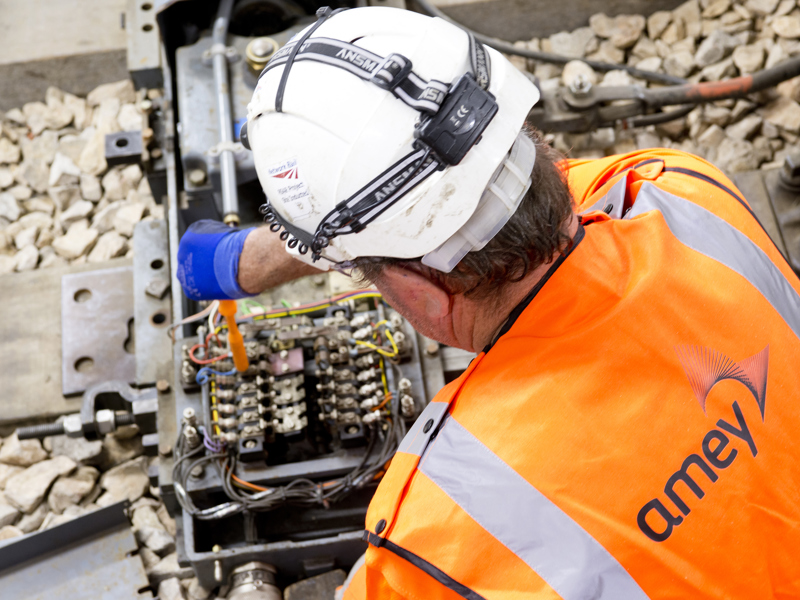The scale of global infrastructure ambition, combined with the desire by investors to find secure, long-term returns for significant funds, makes the infrastructure sector extremely exciting and ripe for innovative delivery models.
The backlash against established PFI procurement is, however, a clear driver for the market to embrace change. Re-establishing the fundamental relationship and trust between the public and private sectors is the only way to begin to develop new and different infrastructure investment models. Once nurtured, we may well see a range of new models developed and real opportunity for infrastructure investors in global developed economies.
Public-private finance models that are clear success stories
Sector by sector, there are a number of interesting models that are distinguished by the strength of public private relationships and the mutual trust they have developed.
The recent roll out of the fibre optics communication network in France is a good example of building this relationship. Having set a goal of building the fibre network to deliver high speed communications across the entire nation, the French government recognised that the best technical solution would lie with the private sector.
In cities it was clear that, due to the scale of the available market, subsidies would not be required. Instead, what was needed was an environment and regulated framework that promoted competition and created funding support. However, when establishing connections in the countryside, government recognised that support would be necessary since it was clearly much harder to get the required customer volumes needed to get the market moving.
The UK water regulator Ofwat is also recognising the value of establishing a robust public-private relationship. In the next review period it will be driving the market towards clear focus on delivering better outcomes for customers by introducing direct procurement – large TOTEX schemes procured separately by a project financed model.
Radical change is happening in our sector
The impact of digital technology, artificial intelligence and the role of data and data analytics is set to radically change the way that infrastructure is designed, constructed, operated and maintained in future. This ability to monitor performance on a live basis will alter risk profiles across the asset lifecycle, impacting rates of return for investors.
Government procurement strategy has a key role to play in de-risking and incentivising private sector investment in these new technologies and to encourage SMEs and start-up businesses to innovate and embrace the opportunity.
Technology and data-led solutions will also drive the growth in decentralised, community-level infrastructure systems across sectors like energy, transport and communication. Financing models will change to focus on the growing market for smaller, locally driven schemes, with a new market already emerging based on community and crowdfunding models.
Local projects are turning to crowdfunding
These allow local people to use crowdfunding and their ISAs to invest in local projects. Although a small market at present, it is one that is likely to grow, based on the desire of the public to be able to influence their local environment.
Similarly in Scotland, regional hubs are opening up smaller local projects to private investment. By grouping projects together, it creates the necessary volume to bring investors on board.
Overall, the shape of future private sector infrastructure investment will change, with different models becoming not only available but also viable and attractive for investors.
Unlocking the trillions of dollars of global wealth
The private sector is in a key position to help drive these models forward with both new financing solutions and funding strategies that are capable of unlocking the trillions of dollars of global wealth held in investment funds.
Innovative technical and financial solutions will help the infrastructure sector put this wealth to work, create economic growth, reduce poverty, create sustainable quality of life and, overall, make the world a better place.
Read our green paper ‘what is the future of UK infrastructure development and finance’ which is the first in a series to stimulate thinking, discussion and action across the industry.
To attend our next debate in Manchester and to find out more go to:
https://www.amey.co.uk/the-big-question/
Join the debate online #futureofinfrastructure
